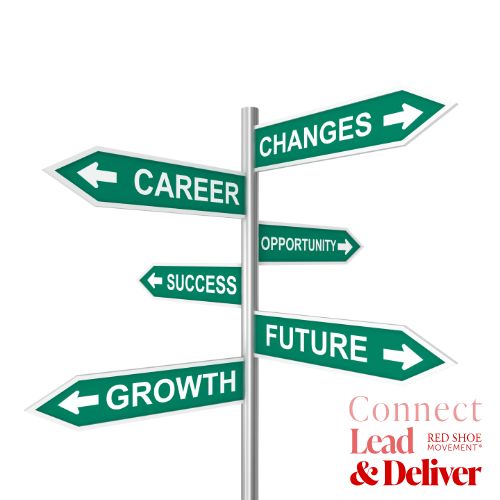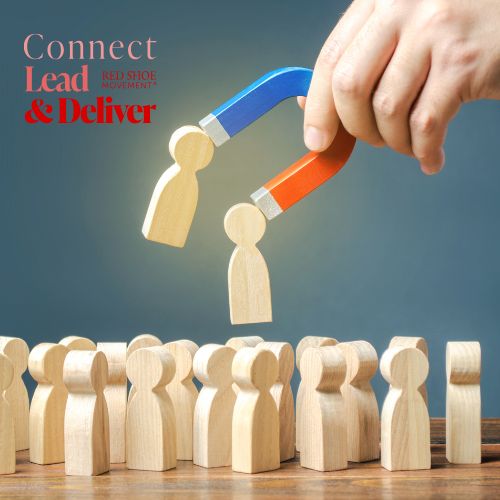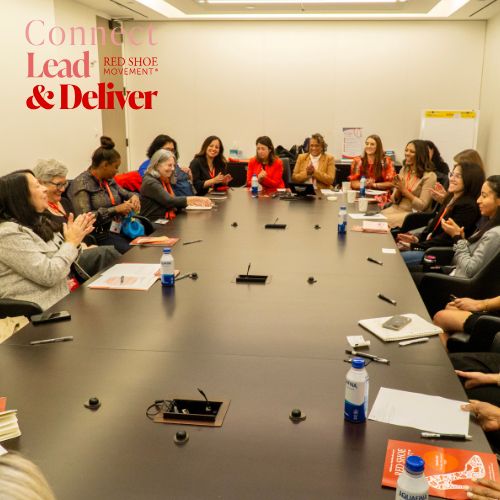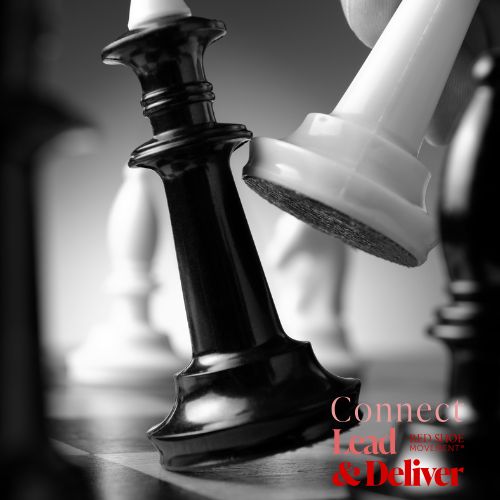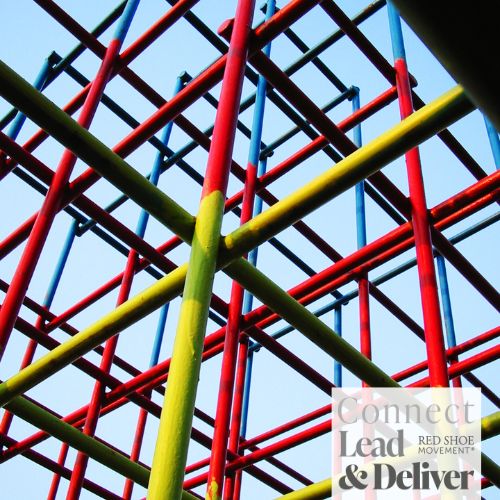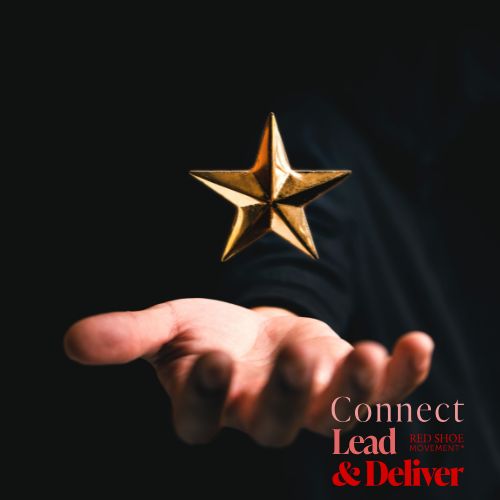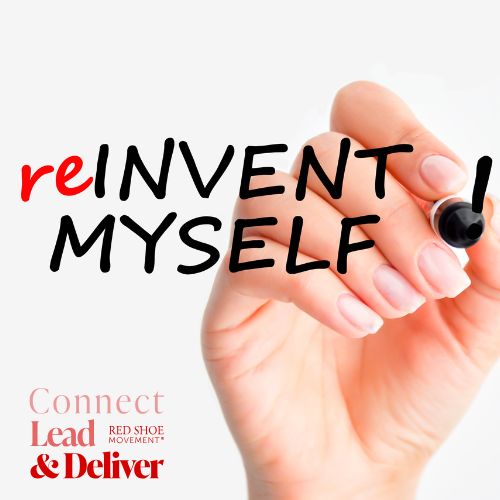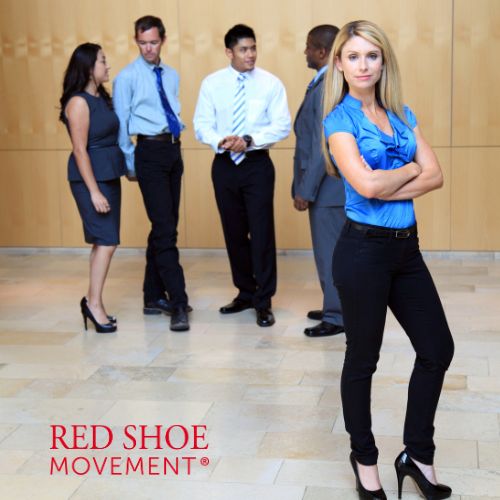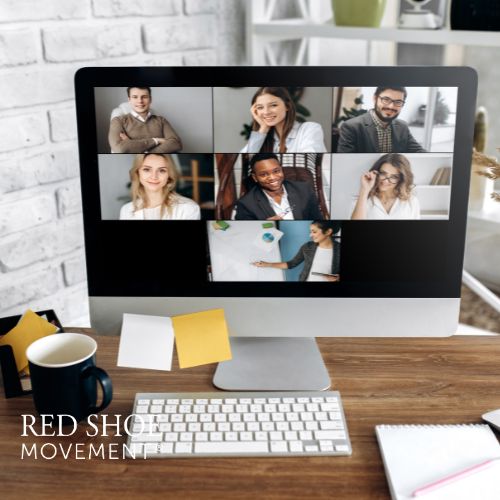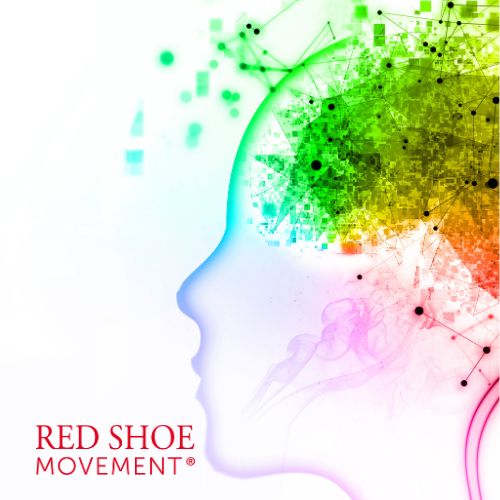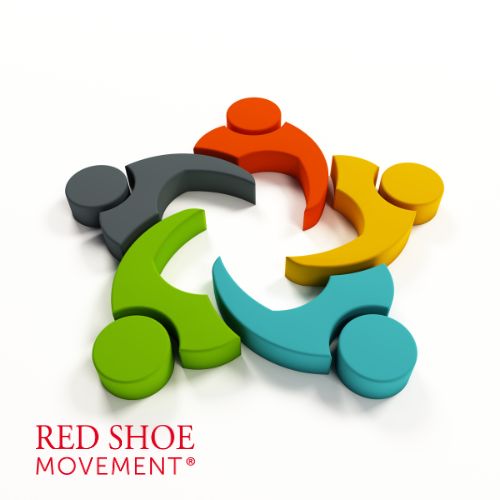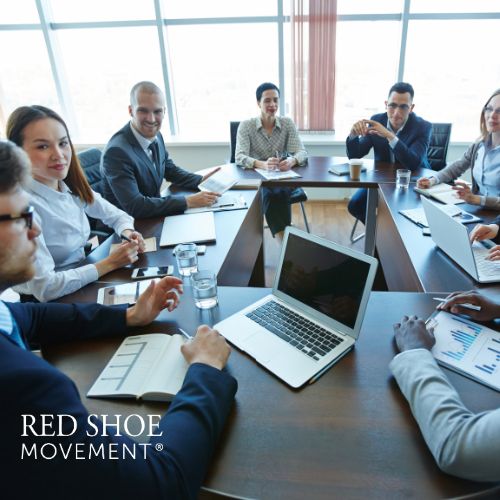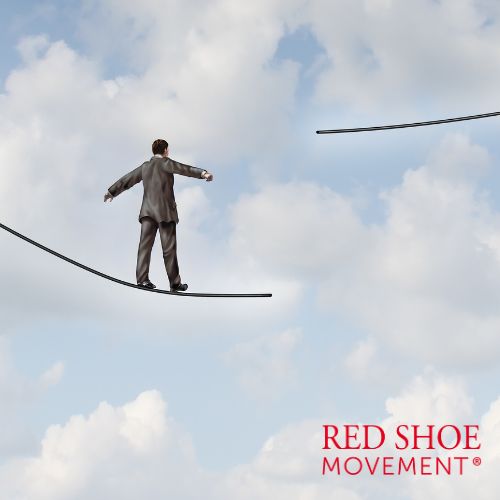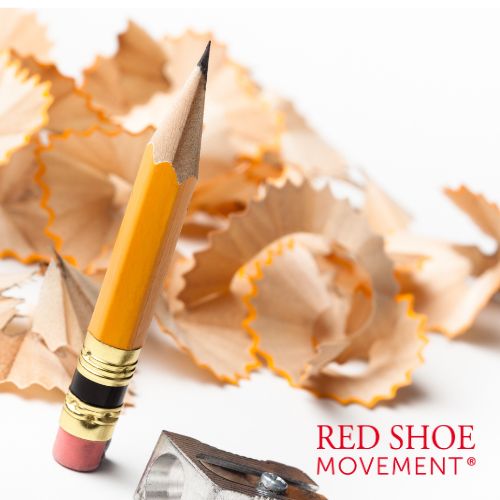None of us like admitting to failure and mistakes. It’s hard enough to know we’ve failed, but the added stress in having to own up to it (to our peers and ourselves) can be paralyzing.
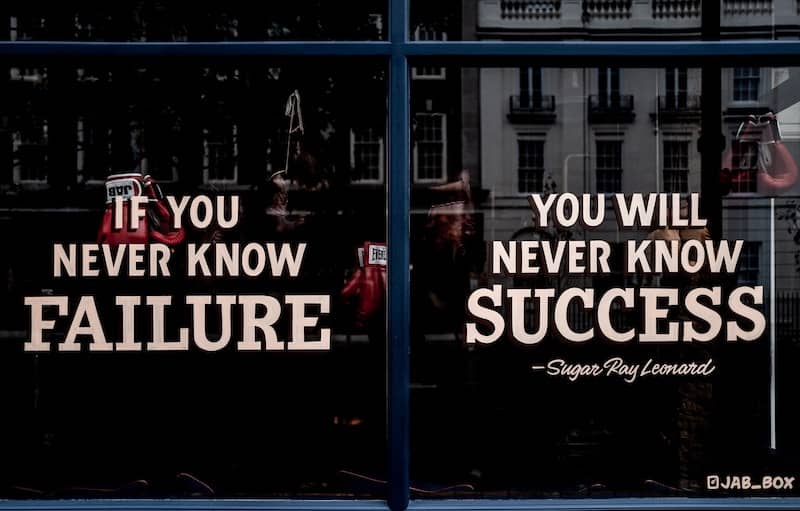
The truth is that they’re pretty much inevitable and making friends with failure and mistakes is the best way to make sure that we will learn from them and we’ll avoid repeating them.
Studies have shown that success has a much greater influence on the brain than failure, which could have something to do with our tendency to reward success and achievements generously and enthusiastically. The study found that rewards are often what drive learning and, according to MIT neuroscientist Earl Miller, we might do well to pay more attention to our failures and mistakes – encouraging our brain to learn from them by approaching them differently.
Finding the Good in Failure and Mistakes
According to research conducted by Kellogg School of Management professors Dashun Wang and Benjamin Jones, and postdoctoral researcher Yang Wang, early failure can lead to success. Comparing work by scientists who narrowly missed out on a prestigious federal grant with those who narrowly qualified over a span of ten years, they found those who failed to get the grant published more successful papers than those who qualified. Their conclusion was that failure is certainly devastating, but it can also serve as fuel.
Failure and mistakes aren’t always bad, but it does require some reframing to really appreciate what they can do for us. Amy C. Edmonson of the Harvard Business Review says that the attitude needed for effectively detecting and analyzing failure in the workplace is rare and requires leaving old notions of success behind. Failure and mistakes come with something we all become very familiar with since childhood: the blame game. As adults, admitting failure usually means taking the blame, which can affect our reputation and mental health negatively.
Mariela Dabbah's Secret Sauce for a Successful Leadership Event

Creating a Safe Space to Make Mistakes
Edmonson claims that it’s up to leaders to create and reinforce a culture that “counteracts the blame game,” giving yourself and others the ideal environment to feel comfortable assuming responsibility honestly. Approaching failure and mistakes in a way where reporting, analyzing, and experimenting allows everyone to learn from mistakes and strengthen bonds in the process. A psychologically safe environment where it’s safe to speak up and everyone can respond constructively to failure.
Why You Should Make Friends With Failure and Mistakes
1Failure and mistakes are inevitable: They will happen. It has nothing to do with how good you are or how hard you work, being out there and taking risks will now and then lead to failure. Knowing that you will fail and that it won’t be the end of the world will help you when fear of failing or making mistakes starts feeling a little paralyzing.
2Makes us more emphatic: In addition to finding out what is not working, our failures can help us gain perspective and empathy when it comes to others. As we understand the ways our failures and mistakes affect us, our projects, and our colleagues, we learn a thing or two about compassion. It also makes it easier to approach others’ mistakes with understanding and real constructive feedback.
3Personal growth and development: Instead of hiding from failure and mistakes, embracing them helps us turn them into steppingstones for growth. It might not completely take the burn out of knowing you’ve failed or made a mistake with something that’s important to you, but it will help you reframe it as an opportunity to learn and improve.
4Builds greater connections: Everyone experiences failure and mistakes and just like sharing our most vulnerable moments with friends brings us closer to them, being open about where and how things went wrong can help create a bond that also makes it easier for us to learn from each other’s mistakes and make sure we won’t repeat them. It’ll also inspire others to be open about their own mistakes.
5Builds confidence and willingness to think outside the box: Once you realize that mistakes are not the end of the world but in fact one of the many ways we learn and get better by trial, you lose some of your fear of failure and mistakes. That makes it easier for you to take big creative risks and think about a safe mistake-proof box.
6Valuable lessons for the future: You made a mistake. It happens and it sucks. Some mistakes and failures are heavier than others but there’s usually a takeaway. What happened? How can you make sure it never happens again? What’s the best way to share this experience to ensure that others can avoid making the same mistake?
Don’t Let Fear Sabotage You Professionally
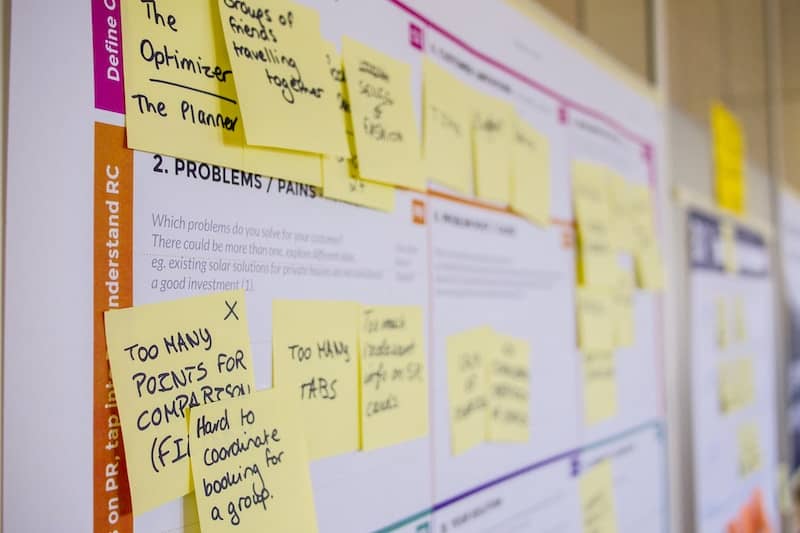
How to Make Friends with Failure and Mistakes
1Reframe failure as the means to an end: Instead of seeing mistakes as something that should be avoided at all costs, try to look at them as inevitabilities that sometimes happen despite our greatest efforts. It doesn’t mean we shouldn’t be attentive enough to avoid making them, but we should not look the other way in awkward shame when they happen. Learn from them and try not to be too hard on yourself.
2Foster a culture that allows you and others to feel at ease with it: If people feel comfortable and safe coming up to you and talking about their mistakes, you’ll create a workplace culture that allows everyone to take responsibility and learn from their failure and mistakes. Without shame, excuses, or blame games we can more accurately report, analyze, experiment, and learn from mistakes.
3Ask the right questions: Shame and guilt can make us come up with a dozen excuses when something doesn’t go the way we wanted. But if instead of coming up with excuses we honestly ask ourselves and others to provide their perspective of what went down, we can take something positive away from a bad experience.
4Review past failure and mistakes: It’s not about driving yourself crazy going over how you’ve failed in the past, but about seeing where those things have led you. Sometimes you’ll even find some of your biggest mistakes brough you something good or taught you a defining lesson. You could also find if there are any patterns or things you should start to avoid.
5Keep a journal: A journal can be an aid to work through feelings of inadequacy, help you approach mistakes honestly and openly once you’ve put them in writing, and it may help highlight patterns and other attitudes that may be holding you back.
5 Tips to Stay Cool Under Pressure When Things Don’t Go as Planned





























